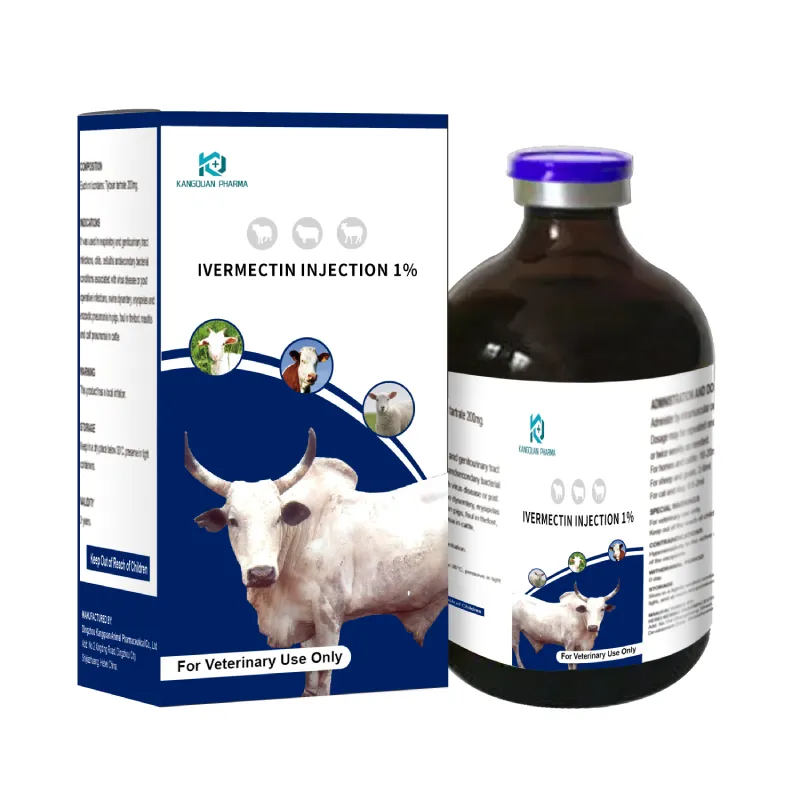- Afrikaans
- Albanian
- Amharic
- Arabic
- Armenian
- Azerbaijani
- Basque
- Belarusian
- Bengali
- Bosnian
- Bulgarian
- Catalan
- Cebuano
- Corsican
- Croatian
- Czech
- Danish
- Dutch
- English
- Esperanto
- Estonian
- Finnish
- French
- Frisian
- Galician
- Georgian
- German
- Greek
- Gujarati
- Haitian Creole
- hausa
- hawaiian
- Hebrew
- Hindi
- Miao
- Hungarian
- Icelandic
- igbo
- Indonesian
- irish
- Italian
- Japanese
- Javanese
- Kannada
- kazakh
- Khmer
- Rwandese
- Korean
- Kurdish
- Kyrgyz
- Lao
- Latin
- Latvian
- Lithuanian
- Luxembourgish
- Macedonian
- Malgashi
- Malay
- Malayalam
- Maltese
- Maori
- Marathi
- Mongolian
- Myanmar
- Nepali
- Norwegian
- Norwegian
- Occitan
- Pashto
- Persian
- Polish
- Portuguese
- Punjabi
- Romanian
- Russian
- Samoan
- Scottish Gaelic
- Serbian
- Sesotho
- Shona
- Sindhi
- Sinhala
- Slovak
- Slovenian
- Somali
- Spanish
- Sundanese
- Swahili
- Swedish
- Tagalog
- Tajik
- Tamil
- Tatar
- Telugu
- Thai
- Turkish
- Turkmen
- Ukrainian
- Urdu
- Uighur
- Uzbek
- Vietnamese
- Welsh
- Bantu
- Yiddish
- Yoruba
- Zulu
8 月 . 12, 2024 17:36 Back to list
Tylosin Injection Use in Poultry for Effective Management of Bacterial Infections and Health Issues
Tylosin Injection for Poultry An Overview
Tylosin is a macrolide antibiotic that plays a significant role in the poultry industry, primarily used for the treatment and prevention of bacterial infections. This antibiotic is particularly effective against certain Gram-positive bacteria and some Gram-negative strains, making it a valuable tool in maintaining the health and productivity of poultry flocks. As the demand for poultry products continues to rise globally, the application of tylosin in this sector is increasingly becoming a focal point of discussion among veterinarians and poultry producers.
Mechanism of Action
Tylosin works by inhibiting bacterial protein synthesis, disrupting the essential functions of bacteria, ultimately leading to their death. It binds to the 50S ribosomal subunit of bacteria, preventing the translocation of peptides during protein synthesis. This particular mechanism makes tylosin effective against a range of pathogens that can cause respiratory and enteric diseases in poultry. Diseases such as infectious sinusitis and necrotic enteritis can significantly impact the health of birds and, consequently, the production outputs of farms.
Usage in Poultry
Tylosin is administered through injections, which can quickly deliver the drug into the systemic circulation. Proper dosing is crucial, as inappropriate use of tylosin can lead to the development of antibiotic resistance, a growing concern in veterinary medicine and public health. In poultry, tylosin is commonly used in the treatment of
- Respiratory diseases Conditions caused by bacteria such as Mycoplasma gallisepticum, which can lead to significant economic losses if not treated promptly. - Enteric infections Diseases affecting the gastrointestinal tract, including necrotic enteritis caused by Clostridium perfringens, which can lead to severe morbidity and mortality in flocks.
Benefits of Tylosin Injection
tylosin injection for poultry

One of the main advantages of using tylosin injections is the rapid onset of action. Compared to oral medications, injections provide a more immediate therapeutic effect, which is crucial in managing acute infections. Additionally, tylosin has a relatively low toxicity profile, making it safe for use in poultry when administered according to recommended dosages.
Furthermore, tylosin can positively influence growth performance in poultry. By controlling infections, it can reduce stress on the birds, leading to better feed efficiency and weight gain. The economic benefits of incorporating tylosin in poultry management can be substantial, influencing not only the health of the birds but also the profitability of the operation.
Considerations and Resistance
Despite its efficacy, the use of tylosin must be carefully managed to prevent the emergence of antibiotic-resistant strains of bacteria. Farmers and veterinarians are encouraged to adhere to responsible antibiotic use guidelines and implement good management practices, such as biosecurity measures and proper vaccination protocols, to minimize the reliance on antibiotics.
Moreover, periodic monitoring of antibiotic use in livestock, including poultry, is essential to safeguard both animal health and public health. By adopting a more integrated approach to antibiotic stewardship, the poultry industry can continue to benefit from tylosin while mitigating the risks associated with its use.
Conclusion
Tylosin injection serves as an invaluable asset in poultry health management, offering a reliable means of treating and preventing bacterial infections. Its rapid action and effectiveness make it a preferred choice among poultry producers. However, the key to maximizing its benefits lies in responsible usage and comprehensive management practices that prioritize animal health and minimize the potential for antibiotic resistance. As the poultry industry continues to evolve, tylosin will likely remain an important component of poultry health programs.
-
The Power of Radix Isatidis Extract for Your Health and Wellness
NewsOct.29,2024
-
Neomycin Sulfate Soluble Powder: A Versatile Solution for Pet Health
NewsOct.29,2024
-
Lincomycin Hydrochloride Soluble Powder – The Essential Solution
NewsOct.29,2024
-
Garamycin Gentamicin Sulfate for Effective Infection Control
NewsOct.29,2024
-
Doxycycline Hyclate Soluble Powder: Your Antibiotic Needs
NewsOct.29,2024
-
Tilmicosin Premix: The Ultimate Solution for Poultry Health
NewsOct.29,2024













